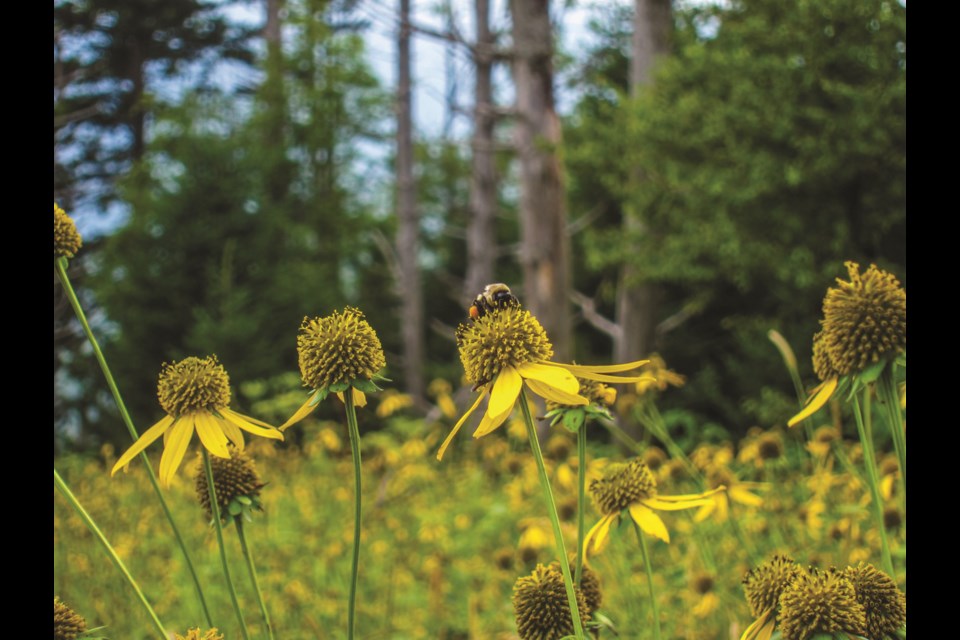COLD LAKE - In a step toward promoting sustainable practices and helping local ecosystems, the Cold Lake City approved the beekeeping bylaw during a council meeting on Nov. 14.
The bylaw focuses on raising bees on residential properties within urban areas, empowering residents to engage actively in sustainability endeavours. The bylaw also aims to offer a platform for residents to contribute to their own food production while also supporting the environment.
Central to these regulations are provisions that establish guidelines for hive placement, hive numbers, and a prerequisite for aspiring beekeepers to complete a certified course in beekeeping, according to the City of Cold Lake.
“Highlights of what administration proposes include a maximum of one hive per property that must be in a fenced rear yard and must be at least three meters from a joining property and 25 meters from public play spaces, playgrounds, sports fields, and hospitals; neighbouring properties must be advised of the beekeeping intentions; applicants must provide proof of training and responsible beekeeping practice; and must carry $2 million in liability insurance,” said Andrew Jabs, manager of Land Use Planning, Development, and Regulatory Services for the City of Cold Lake.
One of the key elements of these proposed regulations is the emphasis on education. Requiring potential beekeepers to complete a course in beekeeping serves multiple purposes. Firstly, it ensures that those keeping bees are equipped with the necessary knowledge and skills to care for these delicate creatures.
Understanding the behaviour, needs, and health management of bees is fundamental not only for the success of the hives but also for the safety of the surrounding community.
Jabs added, “The City administration proposes approval of this bylaw for an initial two-year period to consider interest from the community and identify potential concerns before allowing urban beekeeping to occur on a permanent basis.”
A public hearing was also held on Nov. 14, with no one speaking in favour or against the bylaw.



